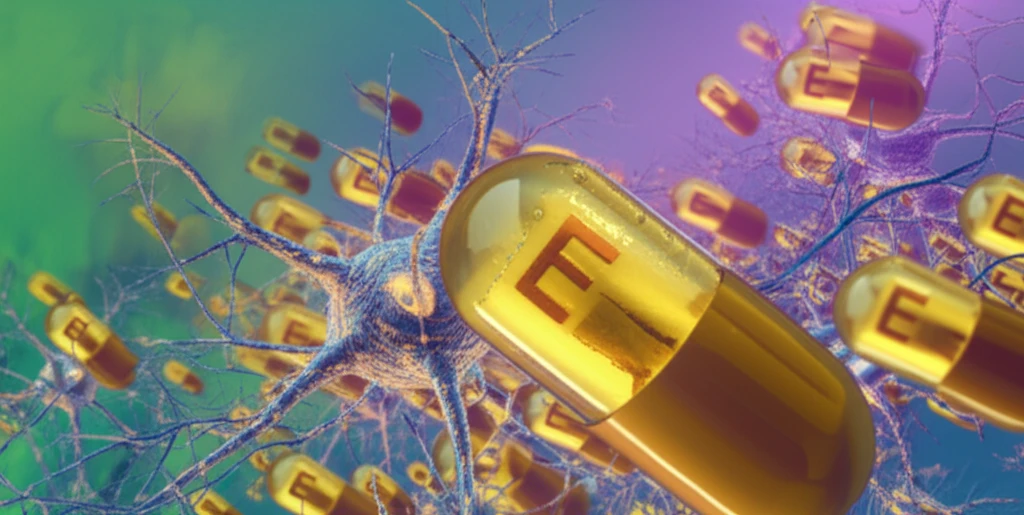
Vitamin E and Chemotherapy: Separating Fact from Fiction
"Does Vitamin E Really Help Prevent Nerve Damage During Cancer Treatment? Unpacking the Science and Finding Answers."
Chemotherapy, a cornerstone in the fight against cancer, often comes with a challenging side effect: chemotherapy-induced peripheral neuropathy (CIPN). This condition causes nerve damage, leading to pain, numbness, and other debilitating symptoms. With the prevalence of CIPN and the search for effective remedies, vitamin E has emerged as a potential solution. But does it truly work?
Vitamin E, known for its antioxidant properties, has been explored for its potential to shield nerve cells from the toxic effects of chemotherapy drugs. Many cancer patients and their doctors are eager for evidence-based information to alleviate these side effects. This article will delve into the existing research to answer the question: can vitamin E supplementation help prevent or lessen the impact of CIPN?
This exploration will examine the findings of a recent meta-analysis, providing a comprehensive overview of the current understanding of vitamin E's effectiveness. We'll look at what the science says and provide clarity on whether vitamin E can be a beneficial addition to treatment plans, or if it's better to explore other options.
Understanding Chemotherapy-Induced Peripheral Neuropathy (CIPN)

CIPN is a condition where chemotherapy damages the peripheral nerves, which transmit signals between the brain and spinal cord and the rest of the body. This damage can manifest in various ways, including tingling, numbness, sharp pain, and weakness in the hands and feet. These symptoms can significantly impact the quality of life for cancer patients, making everyday activities difficult.
- Sensory Symptoms: Tingling, numbness, burning pain, and sensitivity to touch.
- Motor Symptoms: Muscle weakness, difficulty with fine motor skills, and problems with balance and coordination.
- Autonomic Symptoms: Changes in blood pressure, bowel and bladder problems.
Final Thoughts: Navigating the Complexities of CIPN and Vitamin E
While the current evidence suggests that vitamin E may not significantly reduce the overall incidence of chemotherapy-induced peripheral neuropathy, the journey doesn't end here. More extensive research is needed to fully understand the potential benefits and risks of vitamin E supplementation in the context of cancer treatment. Always consult with your healthcare team for personalized advice and guidance. They can help you navigate the complexities of CIPN and create a treatment plan that addresses your specific needs.
